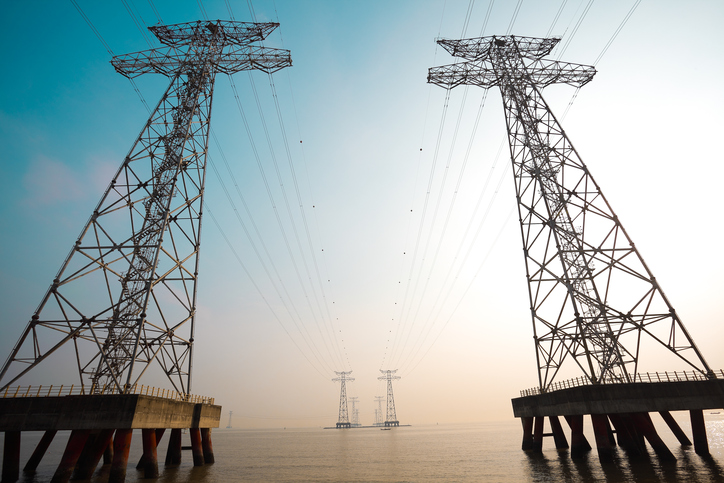The Department for Business, Energy and Industrial Strategy and the energy regulator Ofgem have today released plans for a major upgrade of the UK’s energy system.
Within the document, published this morning alongside a major investment programme for battery storage and electric vehicles, the duo have outlined how it intends to stimulate a drastic modernisation of the UK’s energy market, both on networks and in homes and businesses.
Business secretary Greg Clark said: “Upgrading our energy system to make sure it is fit for the future is a key part of our Industrial Strategy to deliver a smarter, more flexible energy system. A smarter energy system will create new businesses and high-skilled jobs, while making sure our infrastructure is able to cope with demand.
“We are determined through our Industrial Strategy to address the challenges we face and ensure our energy is reliable, affordable and clean.”
The report – dubbed ‘Upgrading Our Energy System: Smart Systems and Flexibility Plan’ – is the result of last year’s Smart Power Call for Evidence and outlines a raft of measures which it said had the potential to save consumers as much as £40 billion in energy costs by 2050.
It focuses predominantly on three key areas, including the removal of barriers to storage; enabling smart markets and businesses; and making markets work for flexibility.
Some of the more notable decisions include:
- Ofgem’s Targeted Charging Review to address the “disproportionate” recovery of network costs from some generators. Ofgem is to announce shortly details regarding the scope of that review,
- The Electricity Act 1989 will be amended “when parliamentary time allows” to include a definition of electricity storage,
- Both the planning regime and the grid connection process will be assessed and simplified to make it easier for battery storage facilities to be approved and developed,
- Ofgem will consult in the coming months on a proposed modified generation licence for battery storage, which will remove the final consumption charges storage facilities currently pay – putting an end to so-called ‘double charging’,
- BEIS and Ofgem will make it clearer which renewable generators can be co-located with retrofit battery storage systems without any impact on subsidy-backed revenue streams currently in place, including the Renewables Obligation, feed-in tariff and Contracts for Difference schemes.
While all of the above are likely to be welcomed with open arms, one of the more contentious topics addressed in the document is the notion of network companies owning and operating storage assets for their own flexibility needs.
Ofgem has stressed that it does not consider it appropriate for network companies to do so, considering the potential for ownership to impede on an open, competitive marketplace.
As a result, Ofgem is to introduce new reporting requirements for distribution network operators who already own storage assets and has raised the prospect of further enforcement action in the future.
Smart homes and businesses
Meanwhile, the document also signals a future vision for the introduction of smart and flexible networks behind the meter where it will look to bolster the ability of homes and businesses to aid the network.
Having already mandated for the installation of smart meters in every home and business by 2020 and the introduction of half-hourly settlement, BEIS and Ofgem will move to assess potential new standards for EV charging points and smart appliances.
Work will also be done on time of use tariffs, on which Ofgem is to soon publish a report on their feasibility, while peer-to-peer energy trading networks are also of interest.
Both BEIS and Ofgem will also define their role in the cyber security of the energy network, a particularly timely topic given last week’s reports of UK networks being under attack and even compromised by state-sponsored hackers.
Andrew Wright, senior partner at Ofgem, added: “The way we are generating and using energy in Britain is changing rapidly. Today’s plan sets out how Ofgem, government and the industry will work together to modernise the energy system and make sure consumers get the benefits of the changes.
“We want to open the door to new technologies and services so that they can help to reduce bills for consumers in the long term. It is vital that we get the changes in place as there is potential for a smarter system to save consumers billions between now and 2050.”





